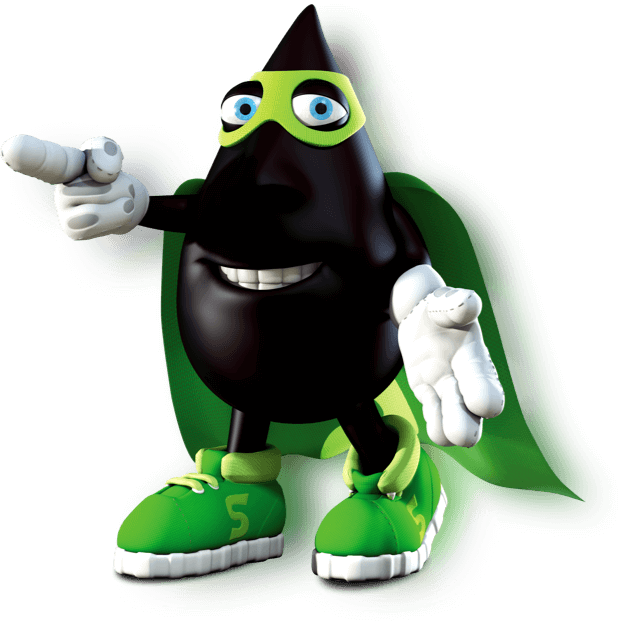As all garage operatives will know, antifreeze (or engine coolant, as you may hear it referred to) is an essential component of a healthy running car, as it lowers the freezing point of water in the engine, preventing it from boiling in high temperatures.
It’s made using either propylene glycol or ethylene glycol and it’s important that you make sure the substance is recycled properly, as it is toxic to both people and animals if ingested.
Unfortunately, it has a rather sweet taste, which means that if waste antifreeze leaks into puddles or isn’t disposed of properly, it can be rather an attractive prospect to passing animals. It is also harmful to the environment, so it’s essential that it is recycled in a responsible manner.
Antifreeze waste should always be stored separately from other waste streams and it should never be poured down the drain or into waste oil tanks.
Enlisting the help of a specialist service to recycle engine coolant can prove very beneficial and they’ll use machinery that extracts oil, fuel, metals and so on from the waste, as well as adding in chemicals that stop the ethylene glycol from breaking down.
Vacuum distillation is one method that specialists use, where a vacuum is used to draw the engine coolant into a drum, before being boiled to extract water, which is then heated so it evaporates.
To deal with an antifreeze spillage, pour sand or baking powder over the substance and then cover with paper to maximise absorption and to prevent spreading. After a few hours, use more paper to remove the sand or baking powder and then dispose of with the rest of your rubbish, but make sure animals and people are unable to access the bin.
For more information on how Slicker Recycling can help you with waste oil collection contact our expert team today.
